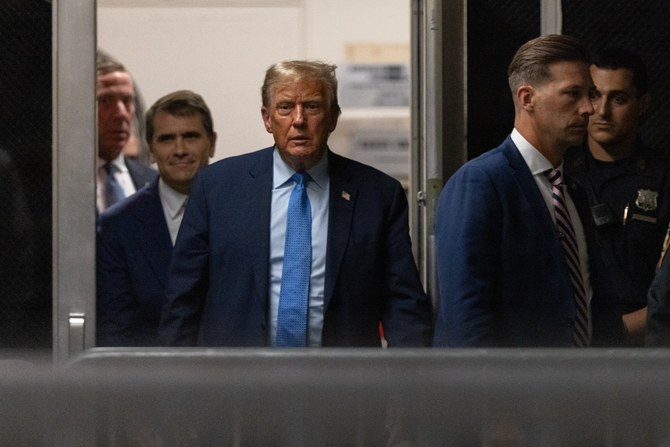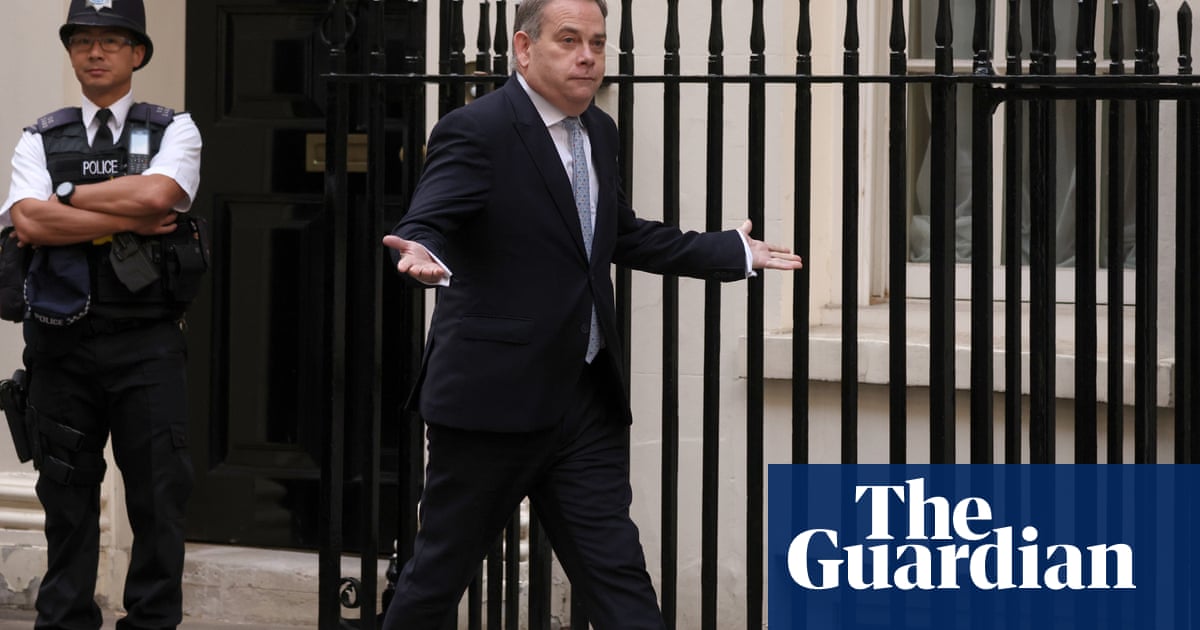
UK Prime Minister Boris Johnson will on Thursday become only the third foreign leader to meet face to face with Joe Biden since the latter assumed office, in what could be a pivotal first foreign trip for the new US president.
Not only is Biden also meeting Vladimir Putin and Recep Tayyip Erdogan, but friends from Europe, Canada and Asia-Pacific too at the G7, NATO and EU summits. However, the first order of play is meeting Johnson on Thursday and the newly widowed Queen Elizabeth II on Sunday to renew what Biden this week described as the “special relationship.”
While Biden is proud of his Irish ancestry, he has long been a defender of UK interests. He was, for instance, a staunch supporter of London during the 1982 Falklands War, which divided the sitting Reagan administration despite the-then president’s deep admiration of British leader Margaret Thatcher.
Although Johnson has revealed he does not like the “special relationship” term — believing it implies UK neediness and subservience — he will nonetheless be delighted that Biden has, rhetorically at least, put significant emphasis on bilateral ties and that the UK is his first foreign destination. The prime minister will also be relieved that early personal tensions between the two men (Biden called Johnson a “physical and emotional clone” of Donald Trump and was unhappy about various remarks he made about Barack Obama) appear to have dissipated.
The two leaders will discuss global challenges including China and Russia, plus bilateral issues like a US-UK trade deal and pandemic-related transatlantic travel restrictions. On the last issue, major US and UK airlines have called on Biden and Johnson to restart nonessential transatlantic travel in the coming weeks. The specific goal of these firms is a quarantine-free travel corridor between the two nations, now that both are well advanced with their coronavirus disease vaccination programs.
Johnson will push Biden hard on the issue of a trade deal, which could be a significant victory for his “Global Britain” agenda in a context where the UK’s relationship with the world’s other superpower, China, has eroded significantly since the pandemic began. While Biden is rhetorically less committed to a UK trade agreement than Trump was, there are key areas ripe for agreement, including lowering or eliminating tariffs on goods.
However, there are potential icebergs too, including the prospect that harmonizing financial regulations between the two countries will not necessarily be straightforward due to the international dominance of Wall Street and the City of London. Moreover, securing agreement in other sectors, including agriculture, where there are divergences of views and strong interest groups, will not be easy.
There are also other challenges in bilateral relations following Biden’s election, including the fact he has long been opposed to Brexit, not least given his concerns about its implications for the 1998 Good Friday Agreement that ended the Troubles in Northern Ireland. It is plausible that the US administration may be asked by Brussels to mediate in the ongoing problems surrounding the implementation of the post-Brexit Northern Ireland Protocol, which keeps Northern Ireland in both the UK’s customs territory and the EU’s single market. Pro-UK unionists say this contravenes the peace deal and London has said the protocol is unsustainable in its current form, with supplies of goods to Northern Ireland being continually disrupted. Biden will tell Johnson of his support for the protocol and warn that the prospect of a UK-US trade deal will be damaged if the impasse remains unresolved.
The UK prime minister is hoping Biden will continue to largely put aside personal and partisan differences and forge a constructive partnership.
Andrew Hammond
What Johnson is hoping for, amid these ongoing irritations, is that Biden will continue to largely put aside personal and partisan differences and forge a constructive partnership, building on the traditional ties between the two nations that are founded on demographics, religion, culture, law, politics and economics. This is supplemented by long-standing security cooperation, which has long been at the core of the UK-US relationship, given the very close ties between the two nations in areas like intelligence.
Despite the multiple uncertainties ahead, Johnson is likely to seek to play the role of a trusted, albeit candid, friend to Biden in a bid to get close to him and try to make the relationship as smooth as possible. This may provide some protections for bilateral relations if personal dynamics get rocky and strong personal chemistry fails to take root between the two.
However, while seeking the potential upside in the new relationship, Johnson would be wise not to overestimate the UK’s ability to shape US power. He should also not be blind to the prospect that Biden’s outlook may, ultimately, care less for core UK interests than in the past if he increasingly looks to Berlin and Paris for post-Brexit leadership, given his much more pro-EU outlook compared to Trump.
Andrew Hammond is an Associate at LSE IDEAS at the London School of Economics.
Disclaimer: Views expressed by writers in this section are their own and do not necessarily reflect Arab News" point-of-view












